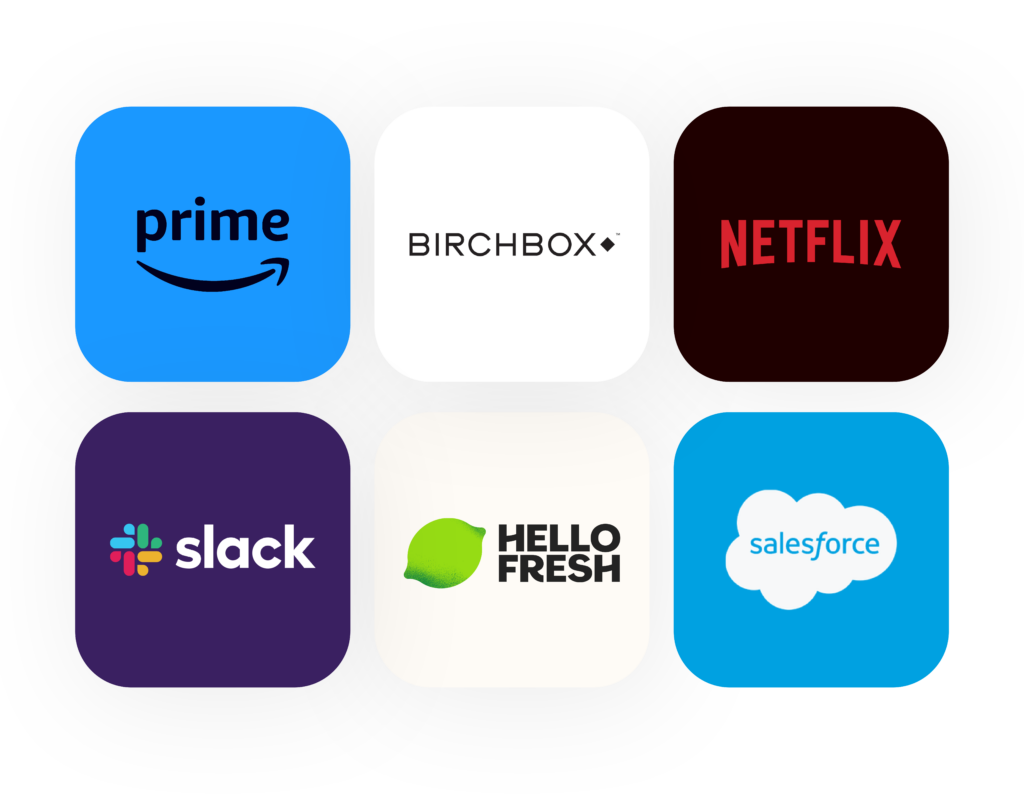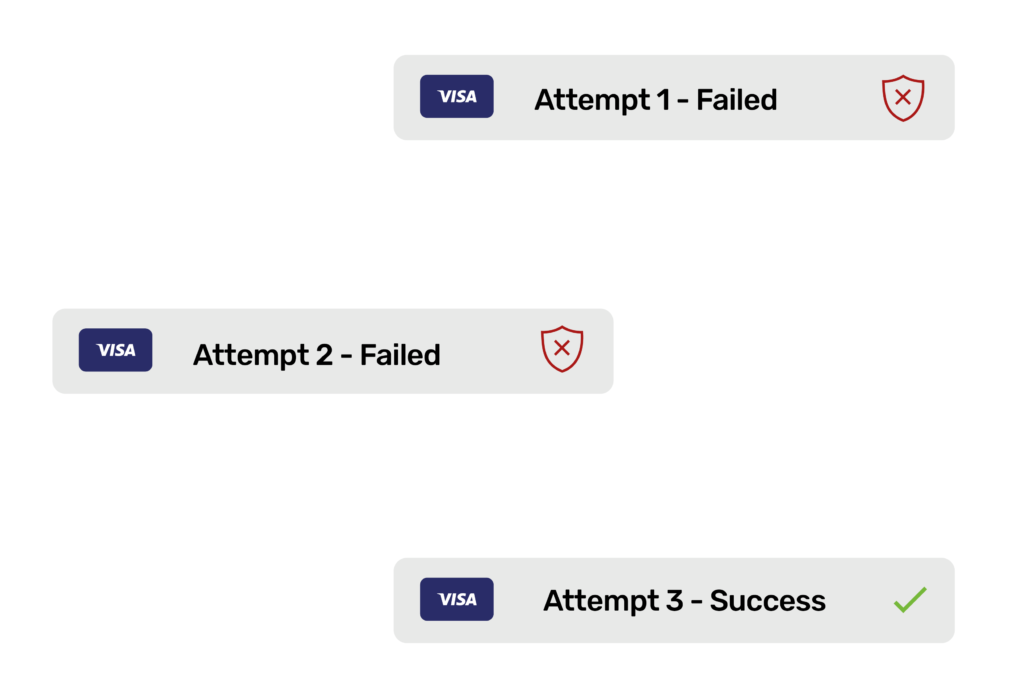
Recurring billing makes the process of repeated transactions so much more convenient for both the customer and the merchant, and in this day and age, convenience is everything. It will transform the way companies manage payments and revenue streams. So throughout this article, we’ll cover everything you need to know about recurring billing, including exploring its meaning, suitability for businesses and recurring billing solutions and software.
What’s in this article?
A recurring billing solution refers to the automated process of charging customers at regular intervals for products or services. This method ensures a seamless and predictable revenue flow for businesses as payments are automatically collected without manual labour while offering convenience to customers who no longer need to remember to make payments manually.
Recurring billing is particularly well-suited for businesses that offer subscription-based services, such as software as a service (SaaS), streaming platforms and membership sites. Additionally, companies with consumable goods or services that customers need regularly find recurring billing beneficial. Essentially, any business that offers a repeated service or product will need to offer recurring payments.
Some of the biggest businesses that utilise a recurring billing method include:

There are two main types of recurring billing solutions and which one you choose will depend on your business model:
Fixed recurring billing: Charges a consistent amount at regular intervals. This type of billing is often used for a service that does not alter month on month, and therefore, the cost is fixed, for example, memberships.
Variable recurring billing: Fluctuates based on usage or additional services. This is a more flexible option and is ideal for services that can change month on month. For example, with Hello Fresh, the customer may only want two meals one week and four meals the following week. Alternatively, it can allow the option for services to be frozen or delayed; this flexibility is great for preventing cancellations.
If you’re considering whether to utilise recurring billing software, then here are the main benefits to convince you to go for it:
Although there are great benefits for recurring billing, like with all things payments, of course, it doesn’t come without its challenges.

However, with the right tools, you can easily overcome these challenges. Check out our blog on managing recurring payments to see how.
To navigate the intricacies of recurring billing, businesses can leverage advanced recurring billing software, ensuring efficiency and reliability. Some key features to consider in the best recurring billing software include automated billing cycles, customisable invoicing, robust reporting capabilities and reconciliation tools, such as account updater and rebilling features.
You can discover all the tools we have available to optimise your recurring billing solution here.
Recurring billing is a powerful tool that can revolutionise the financial landscape of businesses, providing stability, convenience and improved customer relationships. By understanding its meaning, benefits, and challenges, businesses can harness the potential of recurring billing to foster long-term success in today's competitive market.
Want to know more? Check out our Ultimate Recurring Payments guide!